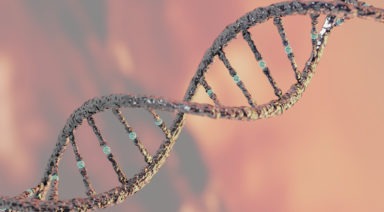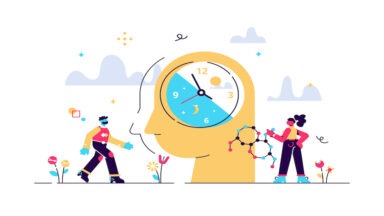Study Shows Intermittent Fasting’s Effect on Long Term Memory

With cognitive decline on the rise, a search for solutions has never been more pressing. A groundbreaking recent study on intermittent fasting suggests that the way we time our eating may play a significant role in our brain health.
For thousands of years, people have been fasting for religious and spiritual reasons while reaping a host of physical benefits. Today, however, the standard western diet has left many overfed and undernourished. While fasting practices are not new, there is a host of new research showing they may be an important key to preserving health in a time of disease.
Dr. Edward Group is a naturopathic physician who has been incorporating fasting in his practice for years with great success.
“Fasting is something that has been used for thousands of years actually, and it’s nothing more than really giving your body the time it needs to heal itself,” Dr. Group said. “The human race, right now, probably eats ten times, or more, the amount of food that we need to repair and regenerate.”
Watch more:
New Study Looks at Ancestor's Gut Microbiome to Improve Health

A fascinating new study shows our gut microbiome has been experiencing a potentially catastrophic loss of diversity over the last millennium, possibly giving rise to various common chronic diseases. Is it too late to avoid irreversible damage to our health?
While most of us don’t ever think about it, we coexist with over 100 trillion microbes, the majority of which live in our gut and are essential to our health. Though the existence of the microbiome was first recognized in the 1990s, the full understanding of its importance and mechanisms is still in its infancy.
Dr. Alex Kostic is a microbiologist at Harvard Medical School, who has been studying the microbiome as a mediator of disease. “You know, this concept of the microbiome as a community of organisms living on humans and other mammals, and playing an integral role in our physiology really is a new concept, something that people have only been studying for the past 10-15 years or so,” Kostic said. “But what we’ve come to realize, as we study the ecology of all of the microorganisms living on humans, especially in the gut, is that it’s incredibly diverse, and pathogens are really the exception to the rule. Everything else has a lot of other roles that we’re still trying to tap into, but we can be fairly confident that they’re not driving disease in people.”
In their quest for a clear picture of the microbiome, researchers have recently turned to studying its history.
“What’s really gotten me interested in the history of the human microbiome, is this concept of being able to identify, if it exists, a ‘universal ancestral human microbiome,’ something that was common to all of us before the process of industrialization,” Kostic said.



































